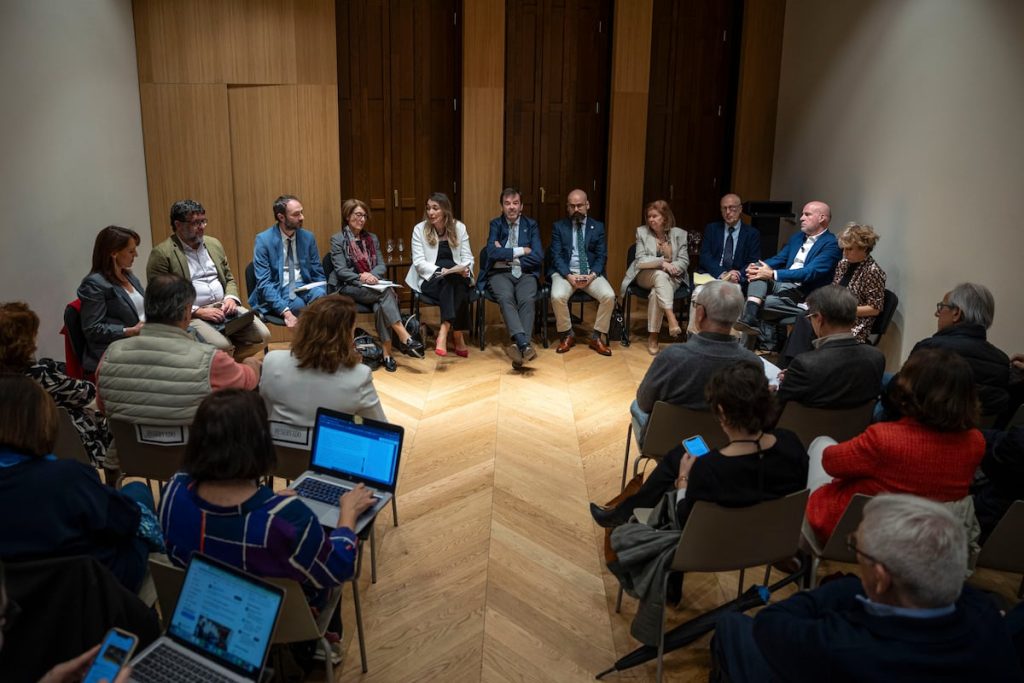Vicente Guilarte, the interim president of the General Council of the Judiciary (CGPJ), took on the goal of facilitating the renewal of the governing body of the judges, which has been extended since December 2018. However, ten months later, with no immediate resolution in sight, Guilarte admits that he was “arrogant and sincere.” He had hoped that his opinion would have some weight, but has found that it has had virtually no public impact. Despite his pessimism, Guilarte continues to push for his plan, which involves reforming the CGPJ to make it less attractive as a political tool for parties.
Guilarte’s proposed reform aims to remove the CGPJ’s main competence, which is the discretionary appointment of senior judges, in order to reduce party interest in controlling the CGPJ and to facilitate its renewal. However, he acknowledges that there are obstacles to the success of this proposal. The issue lies in the fact that the reform he calls for is in the hands of political parties who seek to maintain their power within the judicial sphere. Guilarte stresses the need for a future CGPJ to be the result of a broader agreement, rather than the current system of politically motivated appointments.
During a debate organized by the organization Más Democracia, jurists analyzed Guilarte’s proposal. The ex-vocal appointed by IU, Concepción Sáez, who resigned in March 2023 due to the unsustainable situation within the CGPJ, was critical of Guilarte’s plan. She disagreed with his analysis and his equal distribution of blame between the PSOE and the PP for the lack of renewal. Sáez highlighted the unjustifiable excuses put forth by the PP since 2018, questioning the validity of Guilarte’s approach.
Representatives of judicial associations also did not support Guilarte’s proposal and instead reiterated their positions from recent years. Spokespersons from Francisco de Vitoria (AJFV, moderate) and Foro Judicial Independiente (FJI, conservative) view the current system, in which the Congress and Senate select the 20 CGPJ members, as a failure. They argue that the current parliamentarians are not free to choose, acting as mere mouthpieces for political parties. The progressive association Juezas y Jueces para la Democracia (JJPD) is the only one defending the current model, but also supports the potential for the Government to propose a legal reform to break the deadlock.
In conclusion, the ongoing deadlock in the renewal of the CGPJ reflects the larger political conflicts within Spain between the major parties. Guilarte’s proposed reform to depoliticize the judiciary faces significant challenges, particularly given the entrenched interests of the political parties. The differing opinions among judicial associations and former CGPJ members highlight the complexity of the situation and the need for a comprehensive and inclusive approach to address the issue effectively. Only through a collective effort and genuine commitment to reform can the CGPJ be successfully renewed and ensure the independence and integrity of the Spanish judiciary.














